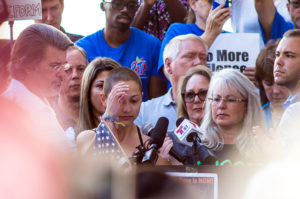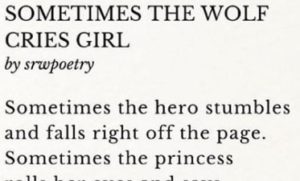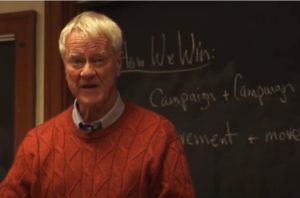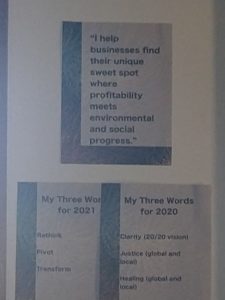If You Dishonor a Person’s Name, You Dishonor Something Even More Important
Someone on Quora asked, “How do you tell someone their name is wrong?”

That question brought up a painful long-ago memory. I responded, “Two weeks into kindergarten, I was transferred to a new school. On my arrival day, the teacher said, “I hope you spell your name S-h-e-l-d-o-n, because that’s how we spell it here.” Even at not-yet-five-years-old, I was outraged. I thought but did not say, “Who the #*^%& are you to tell ME how to spell MY name?”
I don’t think that at four years old I even knew a good cuss word to put in the string of symbols but I did know she was messed up. It was an assault on my identity, even though it was not an identity I’d chosen or even liked; in high school, I shortened my name to Shel. But in kindergarten, that was a long way in the future.
It happened that her spelling was correct—but if it had not been, I’d have gone home and complained to my parents. A few years later, I would have politely told the teacher that her spelling wasn’t the right one, and that I did know how to spell my name. She did get the spelling right—but I tuned that teacher out to the point where it is the ONLY memory I had of her because she had established herself in my head as an ‘authority figure’ of zero importance to me. I went through the motions of kindergarten. I may have wasted a whole year of schooling because she discredited herself to me on my first day.
In today’s world, where the same root name can have a dozen wildly variant spellings, we should not only honor the names people use (whether given or chosen), but also their choice of pronouns. As the parent of a grown child who identifies as nonbinary, I can assure you that they see every intentional use of the pronouns they rejected as a similar assault on their personhood. Five years since the pronoun change, I still goof up once in a while–but they know it’s unintentional and that I’m doing my best to overcome 25 years of programming that associated them with pronouns that were biologically determined.
My kid even wrote a song about the experience of being misgendered repeatedly by a stranger–a waiter in a restaurant. Their website is Flight or Visibility.
And if you’re one of those people that pride yourself on fighting the “culture wars” to preserve heteronormative CIS-gendered lifestyles as the only choice, I’ve got a few questions for you:
- Why is the way some other people are wired threatening to you?
- Why do you need to stop other people from living the life that feels not just natural to them but their destiny?
- How would you feel if it was your personal lifestyle being attacked by people in the centers of power?
- Why do you choose actions that invalidate their personhood as mine was invalidated by that kindergarten teacher and my kid’s by that waiter? Does it make you feel superior to put other people down?
- If this were not natural, why have non-hetero and gender-queer people of all sorts existed throughout history, even in openly scornful or even repressive societies? Even into the late 1960s, there was basically no support for queer people of any sort, and in many parts of the world, it’s still an anathema that can lead to long prison terms. Yet people persist. They are willing to take on the burdens because they cannot deny who they are. Unlike the homophobes, they are not trying to “recruit” or “convert” others, just trying to live their lives. Why do you try to deny them?






